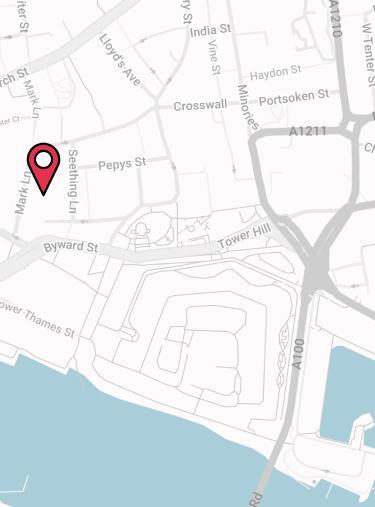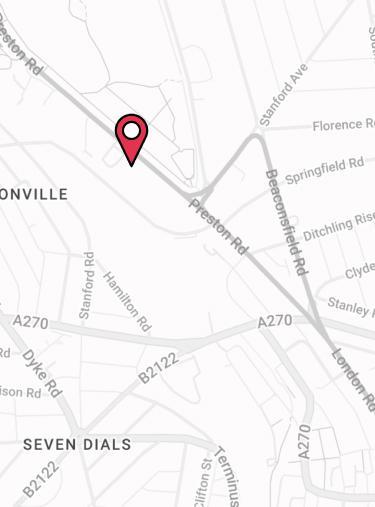What Is SMART Salary Sacrifice?
I am a new employer who is setting up a workplace pension scheme for my team. Salary sacrifice appears to be a tax-efficient option for everyone. But I don’t fully understand what is meant by SMART Salary Sacrifice. Can you explain this?
Good question Michael. Firstly, congratulations on becoming a new employer. To help with setting up your workplace pension, you might find our complete guide on how to set up a workplace pension useful.
You’re right in thinking that salary sacrifice workplace pensions offer a tax-efficient option. They can offer great savings for both you and your employees.
It can be a complex subject to understand, as there’s are a number of ways you can implement salary sacrifice. These are known as:
- SMART (Save More And Reduce Tax)
- Simple Salary Sacrifice.
To answer your query, you first need to understand how salary sacrifice works. When you set this up, your employee’s pension contributions are deducted from their gross pay each month.
Contributions are taken before their income is taxed, which means the employee doesn’t pay National Insurance (NI) or Income Tax on the amount sacrificed. As a result, this leads to the staff member saving money each month, as pension contributions aren’t liable for tax.
How Does SMART Salary Sacrifice Work?
Opting for the SMART method means your employees’ receives a higher monthly pension contribution without having to pay anymore into the pot themselves. Rather than have the National Insurance savings added onto your workers’ net pay (Simple Salary Sacrifice), the savings go into their pension, helping to boost their retirement fund.
For example, an employee earning £30,000 who sacrifices 5% for their pension will contribute £125 to their scheme each month (£1,500 annually). Due to the fact they won’t pay National Insurance on the amount they sacrifice, each month the employee will save £15. Through the SMART option, this £15 saving also gets added into their pension pot. So, rather than saving £125 each month into their pension, they’ll actually save £140.
Frequently Asked Questions
Does Group Life Insurance Cover Dividends?
How Is Group Income Protection Taxed?
What Are The Benefits Of Relevant Life Insurance?
How Many Employees Do We Need for Medical History Disregarded Company Health Insurance?
Is Business Loan Protection Compulsory?
Contact Us
125-135 Preston Road
Brighton
BN1 6AF
Cookies
Drewberry™ uses cookies to offer you the best experience online. By continuing to use our website you agree to the use of cookies including for ad personalization.
If you would like to know more about cookies and how to manage them please view our privacy & cookie policy.



